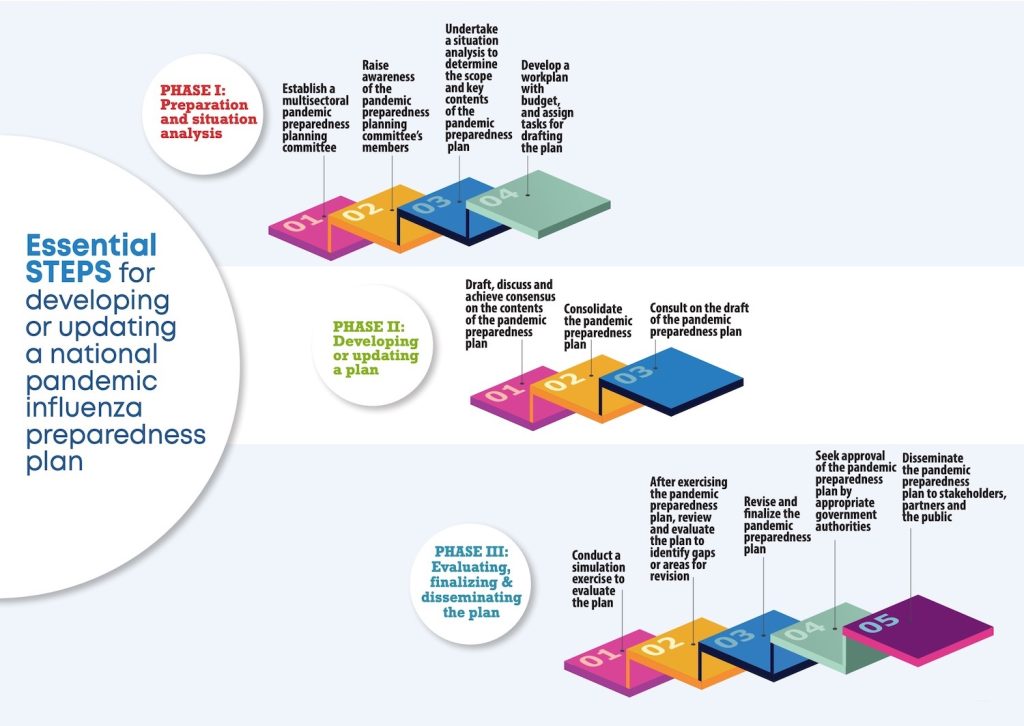According to Johns Hopkins CSSE, the COVID-19 outbreak has recorded more than 140,000 confirmed cases, thousands of which are already fatalities. The World Health Organization (WHO) has officially declared COVID-19 a pandemic, a proof of the gravity of the current disease outbreak that is plaguing us.
No one could possibly think that this is the ideal scenario. Clearly, we can do better than just let people get infected and die because of our unpreparedness.
How, then, can cities better prepare for pandemics? Let’s dive into this matter further.
Anticipation
Cities are hotspots for disease outbreaks, given how much human contact is possible in day-to-day interactions. As cities continue to expand in volume, it is becoming more and more important to anticipate outbreaks even before they occur.
Aspen Institute recommends stockpiling of vaccines, as well as the execution of preemptive vaccination campaigns for children. They also recommended the investment on better sanitation infrastructure to prevent the spread of water-borne diseases.
Meanwhile, the World Health Organization (WHO) suggests the establishment of a pandemic preparedness plan, so that everyone is on the same page in terms of what must be done once when a disease outbreak strikes.
Bottom-up
The Center for Global Health Science and Security recommends the inclusion of municipal leaders in disease outbreak management. They should be equipped with the tools necessary for the successful suppression of an outbreak, especially since they are among those who will be the first responders. While a national plan is important, there is also a need to ensure that stakeholders in the municipal level will be participating.
Response coordination
Dr. David Bell, a Centers for Disease Control and Prevention (CDC) medical epidemiologist who worked during the 2009 influenza H1N1 pandemic said that there is a need for unified command systems between public health and emergency management agencies.
At the same time, private-public sector coordination is equally important in order to make it easy to disseminate information that will ensure the safety of workers.
Enriching data
Dr. Bell also recommends the leveraging of the internet and mobile devices the enrichment of surveillance and illness monitoring. These kinds of approaches allow a real-time updating of outbreak information. The quick detection of those who are possibly infected will also lower the chances of the disease spreading further.
Communication is key
The World Health Organization (WHO) stresses the importance of quick and effective communication during disease outbreaks. By communication, this, of course, means clear dissemination of vital information to the public. Misunderstandings during disease outbreaks between the health sector and the public can quickly cause panic — the last thing we would want during an outbreak.
The other type of communication which is often overlooked is the one from the public directed to the government sectors. Listening to the public will provide a better understanding of their needs. At the same time, this can also help in tracking down possible new cases of infected people.
More often than not, people start to act on pandemics only when fatalities begin to pile up. Because of this mentality, a lot of countries are left vulnerable whenever an outbreak does strike. However, we can see that there are concrete measures that can be undertaken to prevent this scenario. It is up to us to follow through.
References
Bell, D., Weisfuse, I., Hernandez-Avila, M., del Rio, C., Bustamante, X., Rodier, G. (2009, December). Pandemic Influenza as 21st Century Urban Public Health Crisis. Retrieved March 11, 2020 from https://www.ncbi.nlm.nih.gov/pmc/articles/PMC3044553/
Berkeley, S. (2018, June 18). How to Prevent the Next Pandemic. Retrieved March 11, 2020 from https://www.aspeninstitute.org/blog-posts/how-to-prevent-the-next-pandemic/
Center for Global Health Science and Security (2018, April 19). Urban Pandemic Preparedness: Working to ensure pandemic preparedness in our cities. Retrieved March 11, 2020 from https://ghss.georgetown.edu/urbanprep/
World Health Organization (2018, March). Essential steps for developing or updating a national pandemic influenza preparedness plan. Retrieved March 11, 2020 from https://www.who.int/influenza/preparedness/pandemic/essential_steps_influenza/en/










